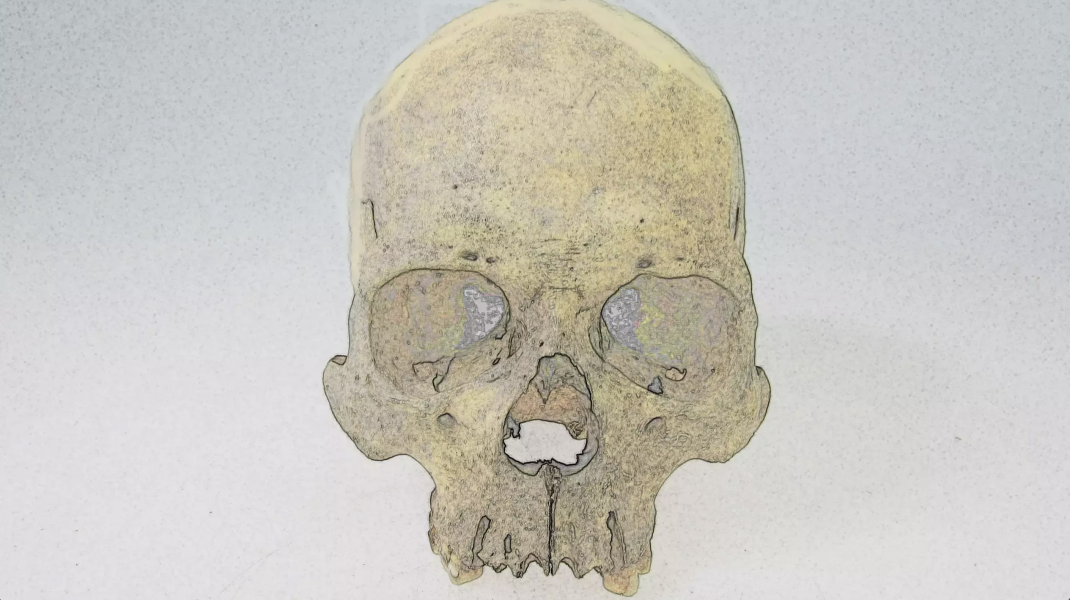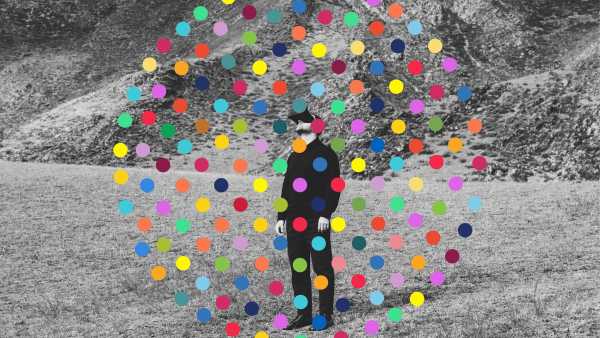
A new study of ancient human DNA has found that microbes began to spread from animals to humans about 6,500 years ago. (Photo: Jacques Julien, Getty Images)
A new analysis of ancient DNA has found that diseases began to spread from animals to humans at least 6,500 years ago.
By examining the DNA of 1,313 ancestors from Europe and Asia, scientists have created a timeline of human infectious diseases spanning 37,000 years. In the course of this extensive work, they found the earliest known evidence of zoonotic diseases (in which diseases from animals are transmitted to people) dating back 6,500 years.
The findings were published in the journal Nature on Wednesday (July 9), where the researchers noted that zoonotic diseases may have occurred before. However, they noted that the risk and extent of transmission of such diseases likely increased as humans interacted more with animals, particularly through farming and livestock production.
You may like
-

A rare form of leprosy afflicted people in the Americas before Europeans arrived, 4,000-year-old remains show.
-

One gene could help understand how plague has persisted throughout human history
Sourse: www.livescience.com





